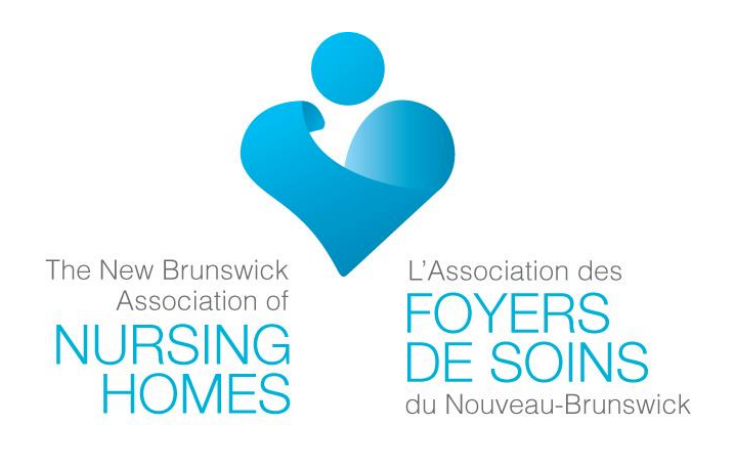Blog
- Details
By Erin Fleury and Heather Campbell
Surveillance in care homes is an unsettled area in law. This blog post looks at some recent legal developments in Canada and internationally.
- Details
Interview with Sherry Baker
What is the BC Association of Community Response Networks?
“The British Columbia Association of Community Response Networks is a provincial organization whose mandate is to facilitate the awareness and prevention of adult abuse, neglect and self neglect in the province by forming local communities response networks. The BC CRN acts on a grassroots level as a backbone organization that supports networks through ideas, small grants and mentorship resources within the 15 regions of BC. The association has no front line workers, but helps bring together agencies and service providers to work up a coordinated, collaborative local response to elder abuse, neglect and self-neglect.
- Details
On January 18th, 30 participants -police officers and partnering community agencies- will attend a new, five-day course on elder abuse, the first of its kind and length in Ontario. Kate Beveridge, Detective at the Toronto Police Service and co-ordinator of the Elder Abuse course spoke with CNPEA about its origins and core topics.
- Details
By Margaret Easton
On September 29th, Statistics Canada announced that Canada now has more people over the age of 65 than under the age of 15. While the arrival of this demographic change has been anticipated for some time, the majority of businesses in Canada are not yet fully prepared for the consequences of this demographic shift to “societies of longer lives” (Staudinger, 2014). In this article, I want to focus specifically on how Canada’s financial services industry could respond more effectively to “societies of longer lives” by developing products and services for older adults able to accommodate both substitute decision making (currently the dominant model in Canada) and supported or assisted decision making, a model that is receiving increasing support internationally. I believe both will be needed in order to strengthen Canada’s financial abuse prevention strategies.
- Details
By Danie Gagnon, Project Manager, NB Association of Nursing Homes

The issue of resident aggression in the context of elder abuse can be sensitive because we know that the victims cannot be blamed for the wrong that was inflicted on them, yet there is a general understanding that aggression can be a contributing factor to abuse. And while the need for more elder abuse awareness and the application of resident-centered care techniques as a prevention measure is undisputed, the question of how to protect and support health care workers begs to be addressed.
Page 46 of 55

















